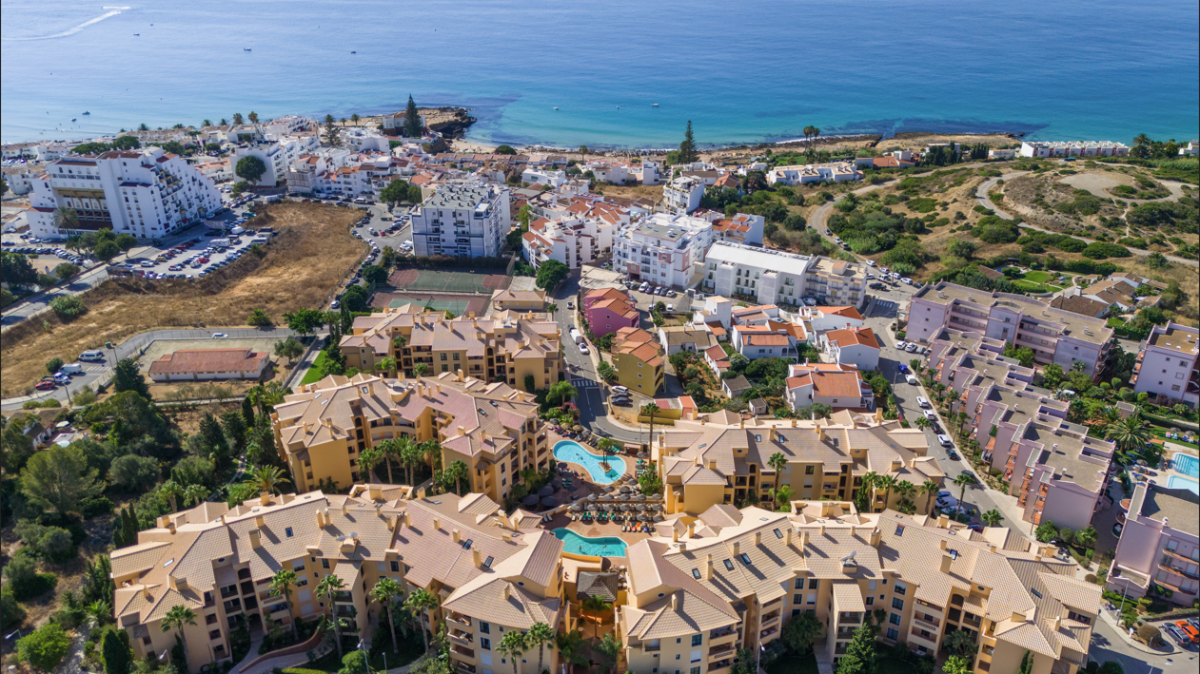Rents and house prices have climbed far beyond what many families can afford, incomes have not kept pace, and young people struggle to find a stable place to begin their adult lives. Entire families are being forced into compromises that reduce their quality of life and weaken their sense of security. Yet within this crisis lies an opportunity. It is the chance to rethink how we plan, build, and deliver homes so that housing serves both the social needs of the people and the long-term growth of the economy.
I have been working in real estate for more than twenty years. Over that time, I have witnessed many cycles of boom and slowdown, many government programs and promises, and countless debates about how to fix the housing problem. But this subject has recently moved from the professional sphere into the personal one for me. My own son has just started his professional career in Porto while also studying for his master’s in project management. He is talented, motivated, and eager to build a life here. Yet, like so many young people in his generation, he has faced enormous difficulties trying to find an apartment that is both affordable and decent. Seeing him struggle has brought the issue to my own table in a way that no statistics or market reports ever could.
Housing should not be seen as a narrow social problem but as a pillar of national competitiveness and territorial cohesion. Without affordable homes, it is impossible to attract and retain talent, to keep local communities alive, or to ensure that development is spread evenly across the country. Portugal has the resources, the knowledge, and the ambition to lead a new cycle of urban development. What is missing is stability, predictability, and a shared commitment across politics, municipalities, investors, and society.
There are clear paths forward if we choose to follow them. Public and cooperative housing with controlled rents must play a stronger role. The vast stock of empty and deteriorating buildings needs to be rehabilitated and brought back into use. Private capital, both national and international, should be mobilized through partnerships that deliver large-scale rental projects. Fiscal measures can also help. Landlords who set affordable rents or who commit to rehabilitation projects should be supported through meaningful tax incentives. The reduction of VAT on affordable housing construction or renovation, when tied to a guarantee that the benefit will lower prices, is another tool that could have an immediate impact.
Innovation is another key piece of the solution. Industrialized and modular construction, using modern and sustainable materials, can lower costs and shorten timelines without sacrificing quality or dignity. Urban planning must also adapt. Encouraging people to live beyond Lisbon and Porto, investing in efficient public transport, and creating opportunities in other regions will reduce the overwhelming pressure on the biggest cities.
Above all, housing policy requires stability. Investors and developers will only commit if they can trust that the rules will not change every few years. Families will only feel secure if they can trust that their homes are protected from sudden shocks. Portugal also needs to be honest about the scale of the challenge. Experts estimate that around 150,000 homes are missing from the market. Current plans do not even come close to covering this gap. Unless the country sets clear targets with binding deadlines, promises will remain just words.
The real estate sector is ready to play its part. It has resources, expertise, and people committed to finding solutions. But no single sector can solve the problem alone. Political will and collective effort are essential. Housing is not only about bricks and mortar. It is about creating communities that are livable, affordable, and sustainable.
The urgency is undeniable. Portugal has a unique opportunity to transform this crisis into a new chapter of development, one that serves citizens, strengthens the economy, and builds cohesion across the territory. But for this to happen, leaders must act with courage and consistency. For me, this is not only a matter of policy or economics. It is about making sure that my son, and thousands of young people like him, can find a home in the country where they want to study, work, and build their future. If we succeed, the reward will be a stronger, fairer, and more resilient Portugal.
















I always love your honest opinion on housing issues in my opview faced by every individual living in Portugal. The efforts of young professionals are wasting in searching of housing. Their dignity and energy can be used for other productive purposes instead of roaming around in search of accommodation only .
By Malik from Lisbon on 31 Aug 2025, 19:31
An interesting article, but one important factor was neglected: bureaucracy. I have a friend who had to move into a new apartment even though it had not been approved for habitation. The builder had been waiting for at least a year. No one else had moved in. This increases building costs enormously. And why am I told that planning approval for a building project may take two years?
By Francis Barraclough Banks from Algarve on 02 Sep 2025, 01:07
Agree, Stability!
Bureaucracy is # one factor for the problem! Many search show that.
If I may; disagree with. "Control rents" there is people like me and few friends. Stop looking for Portugal to invest. If I put few millions , have no protection , but control, etc. Why bothering.? In general I agree what have been said. Just come sense.
By Joseph Cadete from Other on 02 Sep 2025, 20:07
Rent costs could be reduced immediately, simply by reducing the tax on rental income. It is charged to the landlord, but of course the cost is added to the rent.
By Mark Holden from Algarve on 03 Sep 2025, 13:09